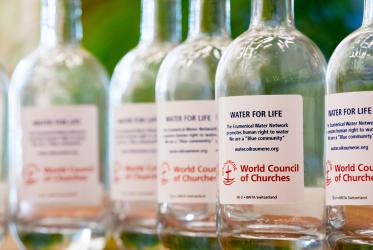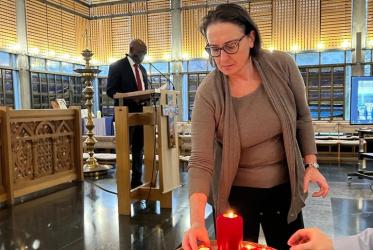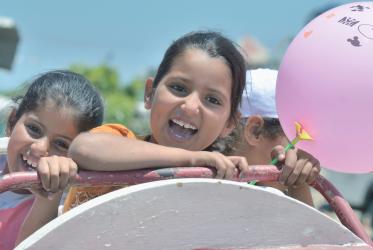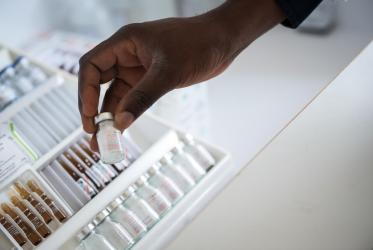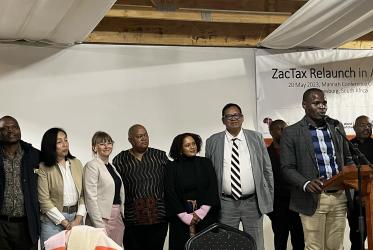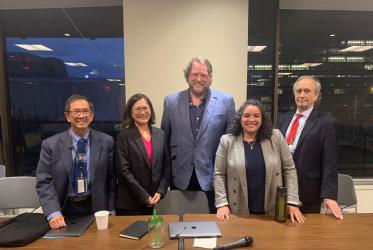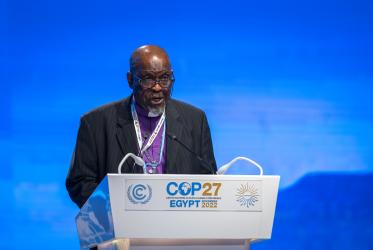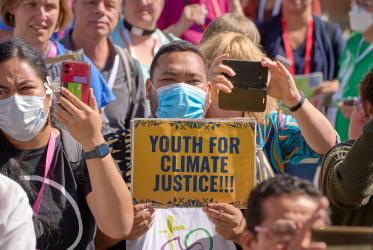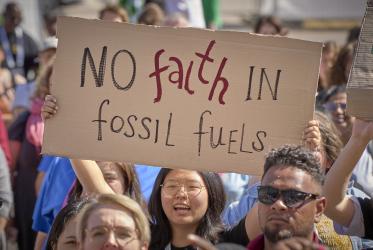Displaying 1 - 20 of 58
WCC joins Blue Communities in urging “Water for Life—Not for Profit”
11 December 2023
On World AIDS Day, focus on how churches can “Let Communities Lead!”
01 December 2023
ZacTax Campaign relaunched in Africa
23 May 2023
UN water summit: how we can make a difference
20 March 2023
The earth is the LORD's… and the Lord is claiming it back
07 September 2022
